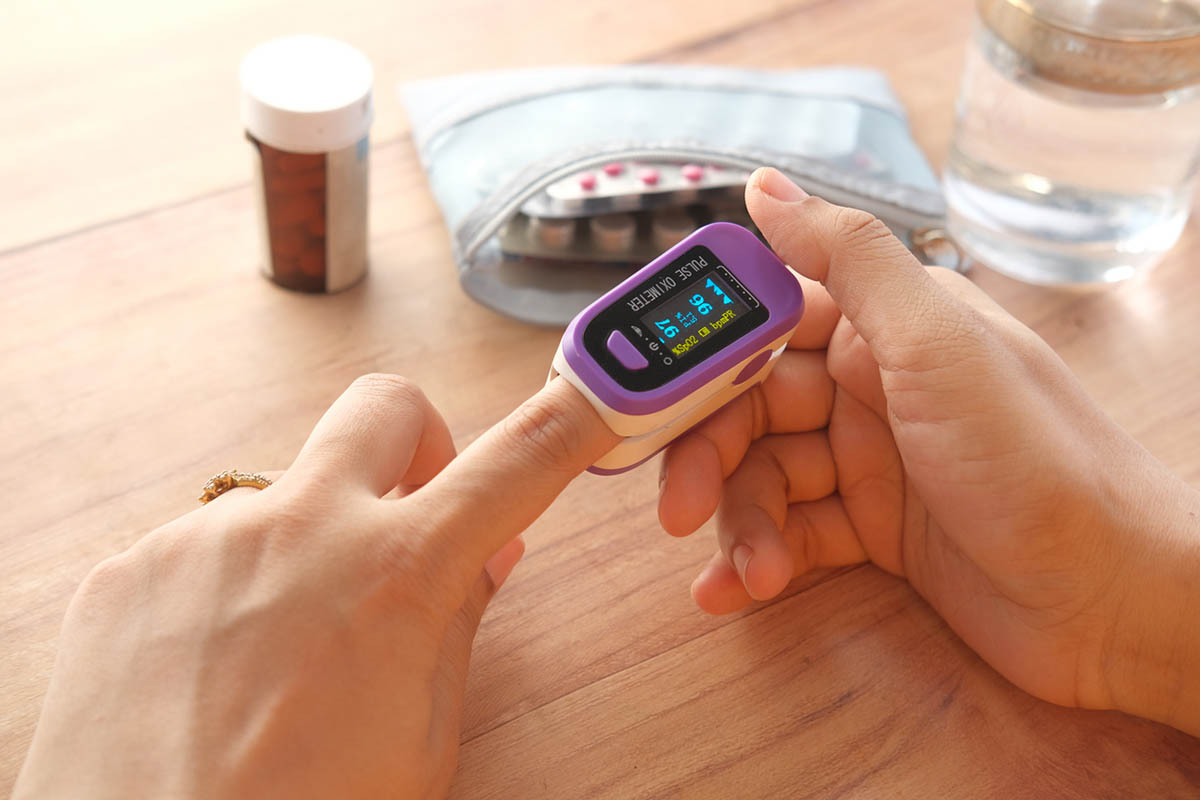Background: We examined the efficacy and safetyof three different dosages of venlafaxine hydrochloride (75, 225,and 375 mg/day) in a multicenter, randomized, double-blind,placebo-controlled, four-group study.
Method: Outpatients, 18 to 65 years old, who metDSM-III criteria for major depression were included (N=358randomized; 194 completed). Of the total patients completing thetrial, 59%, 56%, 51%, and 51% were in the placebo, 75-mg, 225-mg,and 375-mg groups, respectively. The primary outcome measureswere the Hamilton Rating Scale for Depression (HAM-D21)total, HAM-D21 depression item, Montgomery-AsbergDepression Rating Scale total, and Clinical Global Impressionsscale.
Results: Each dosage of venlafaxine wasassociated with statistically significant improvement as comparedwith placebo, based on the intent-to-treat sample. The two higherdosages were associated with a modestly greater antidepressantresponse than was the 75mg dosage. Nausea, dizziness, somnolence,and anorexia were the most common adverse events attributable tovenlafaxine. Since headache occurred at a similar frequency inboth the drug and placebo groups, we did not consider it to beattributable to venlafaxine use. Withdrawal from the study due toadverse events occurred in 5%, 17%, 24%, and 30% of the patientsin the placebo, 75-mg, 225mg, and 375-mg groups, respectively.
Conclusion: Venlafaxine, at dosages of 75_375mg/day, is an effective and well-tolerated antidepressant. Withincreasing dosage, greater efficacy and possibly more adverseeffects will occur.
Author Affiliations

Enjoy free PDF downloads as part of your membership!
Save
Cite



